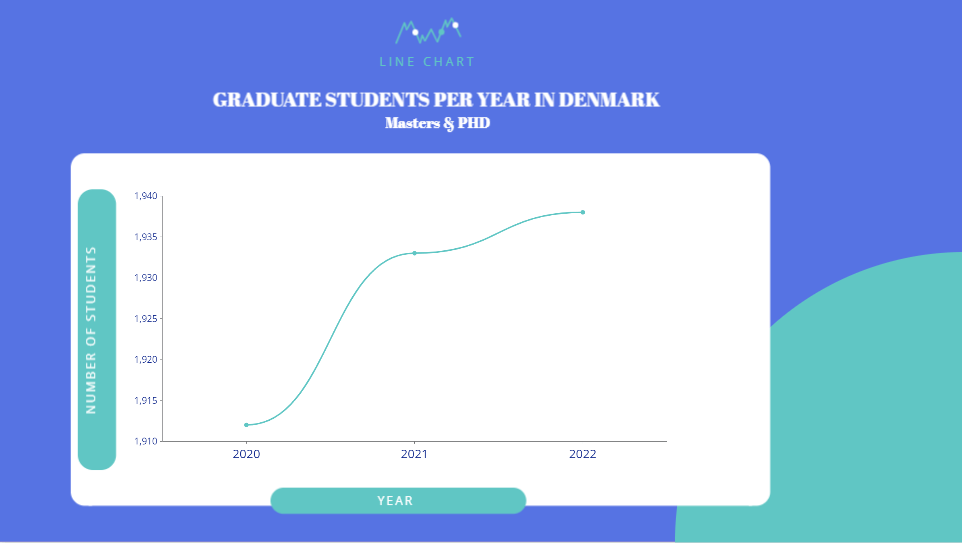How can students compete for the best paying jobs?
Alice Kazakov and Jasmijn Brasser
As high-level jobs become more specialized and sought after, university students debate continuing their education for the chance of a better position.
Felix Mölder, a computer science major studying at Aarhus University, shares that he is considering pursuing a master’s degree in order to have a leg up at any company he applies to.
“It’s complicated,” he says, “I can pursue another degree, which I can’t afford, but then it would help me get a job that lets me live comfortably for life.”
Mölder has been interested in researching and finding a career in post quantum cryptography for a while and says he has even considered moving to Silicon Valley, California, the conglomeration city of technology and software companies but an expensive place to live.
“A job like that is extremely hard to find, but why wouldn’t I try to go after what I’m really interested in?” he says.
Although Mölder explains that most of the jobs he has been looking for after graduation require a degree higher than a bachelor’s, he doubts if it is worth it. “I’ve put in so much [work] already and it’s so competitive, I have this worry that I would be wasting even more time trying to get my masters if all of the job openings will already be full,” he says.
